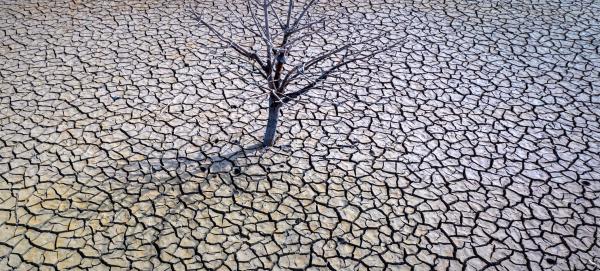Unseasonal heatwave and drought in Spain
26 Apr 2023 by The Water Diplomat

The Spanish Meteorological Agency AEMET forecast a heatwave towards the end of April, with temperatures reaching 36-38⁰C. In some areas, the temperature was 10-15⁰C above average for this period of the year. On the 8th of May, AEMET reported that April 2023 was the hottest April experienced by the country since records began in 1961. On the 5th of May an international team of researchers found that the heatwave in Spain, Portugal, Morocco and Algeria would have been almost impossible if it were not for the effects of climate change.
Spain has not recovered fully from the drought that impacted the country in the summer of 2022, and reservoirs are currently at 50% of their full capacity, while in the northeast of Catalonia, which has been particularly affected by the drought, reservoirs are currently reported to be at only 25% of their full capacity. The drought in Catalonia is reported to be the worst since 1905. Water restrictions were already announced in the area at the end of February, affecting a population of some 6 million people across 224 municipalities, including Barcelona and Girona. Urban residents were limited to 230 litres per day and prohibited from using water for the purpose of watering green areas or filling swimming pools. Agricultural water users were required to reduce their water consumption by 40%, and industrial; water users were required to reduce consumption by 15%.
On the 25th of April, Spain’s Minister of Agriculture Luis Planas announced that the country had requested emergency funds from the European Union to help the farmers grapple with the drought. The country’s coordinating agency for farmers and ranchers, COAG, estimated that some 60% of farmland is still suffering from the drought and stated that irreversible damage has been done to more than 3,5 million hectares of crops. Cereal crops like wheat and barley are likely to fail entirely in four regions of the country. In December 2022, olive growers in the Jaén region had already predicted a historically low harvest volume. In Andalusia, controversy emerged around plans to increase irrigation near the Donana wetlands and legalise more than 1,500 hectares of illegal farmland.
On the 19th of April, the Spanish Prime Minister Pedro Sanchez had stated in parliament that “drought is going to be one of the central political and territorial debates of our country over the coming years”.
